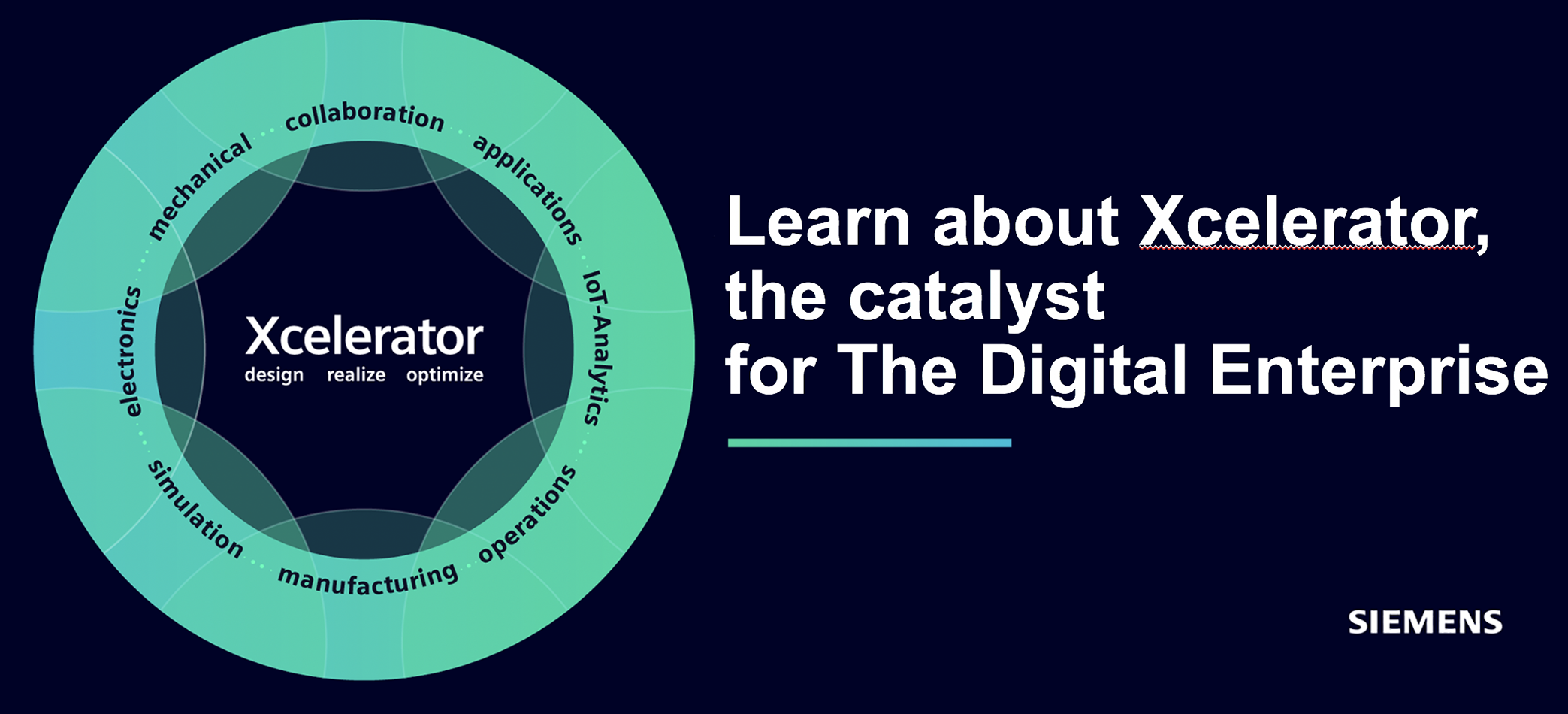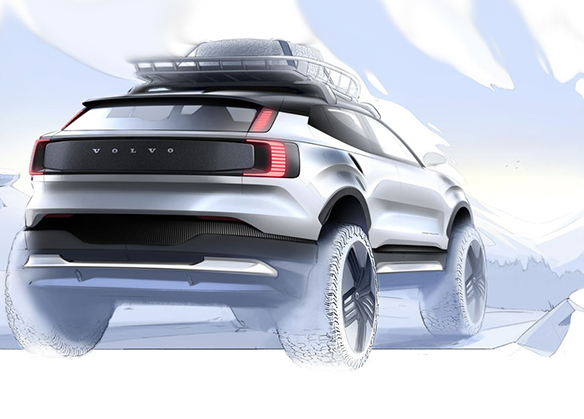After talking to people inside Volvo Cars, it is clear that the extension of the 3DEXPERIENCES platform is mainly about the CATIA V5 solutions, some modernizations related to the new V6 version and adding some integrations and interoperability possibilities.

The background is that for a long time there have been certain parts of the company that spoke in favor of changing the system, above all the Siemens NX solution has been on the table, while those who wanted to remain in the mainly V5 environment have so far pulled the longest straw. As always, there is a degree of conservatism in these contexts, where concerns about possible technical difficulties, problems associated with migration of previous data, and reduced initial productivity during the early phases of the learning curve, can act as deterrents to a switch.
In any case, indications are given in today’s press material that the 3DEXPERIENCE platform will be used more widely than so far. ”The 3DEXPERIENCE platform has been selected by Volvo Cars to be used in the development of electric vehicles,” writes DS in a press release. But also notes that, ”Volvo Cars has chosen to implement the 3DEXPERIENCE platform within its technical processes for vehicle development.”
Pressure on car manufacturers
The solutions now purchased are, according to Dassault Systemet, ”Efficient Multi-Energy Platform,” ”Global Modular Architecture,” ”Smart, Safe & Connected” and ”Sustainable Multi-functional Vehicle.”

Commenting on this, Laurence Montanari, VP of Transportation & Mobility Industry, at Dassault Systèmes, says:
”Car manufacturers are under pressure to deliver new products and functions quickly and cost-effectively. Volvo Cars excels in developing unique vehicle experiences. In order to build these, t-class experiences, their engineers need advanced technical solutions, including the ability to combine the development of hardware and software. The 3DEXPERIENCE platform will provide this.”
None of this is startling or indicative of any deeper change in Volvo Car’s work methodology compared to what was previously communicated.
Development requires advanced solutions
DS further notes that: “With an automotive industry constantly evolving towards electric, connected and autonomous mobility, companies must be able to accelerate the launch of advanced solutions. The 3DEXPERIENCE platform helps automakers streamline enterprise-wide collaboration and deliver data-driven approaches to managing the complexities of the electric vehicle market. They can share real-time information with multiple teams worldwide and build their revenue pipeline by reducing design time, lead time and costs, maximizing parts reuse, increasing product quality and overcoming regulatory challenges.”
Collaborative support in the design work and possibly extended integration support, yes, but otherwise there is not much to indicate that Dassault received an extended and broader functional development mandate for the 3DEXPERIENCE platform.






